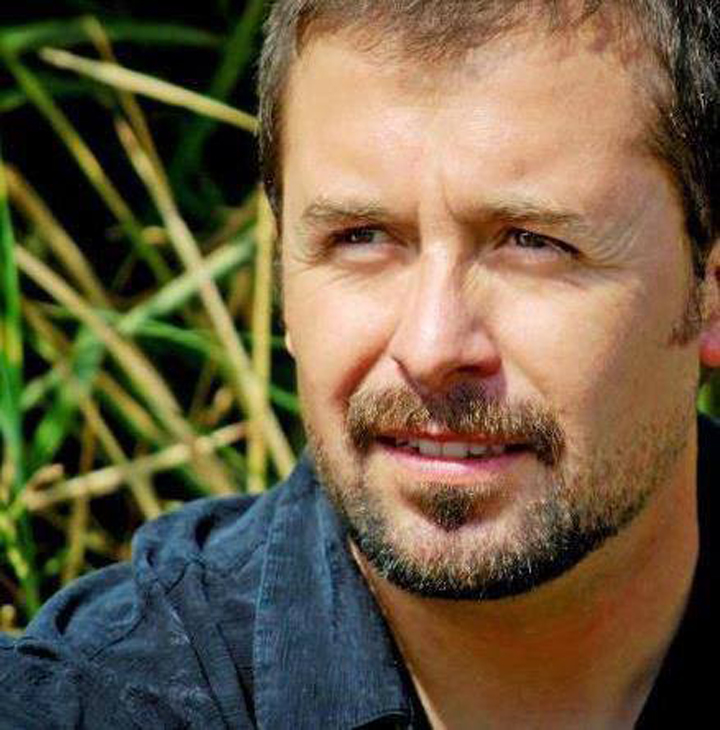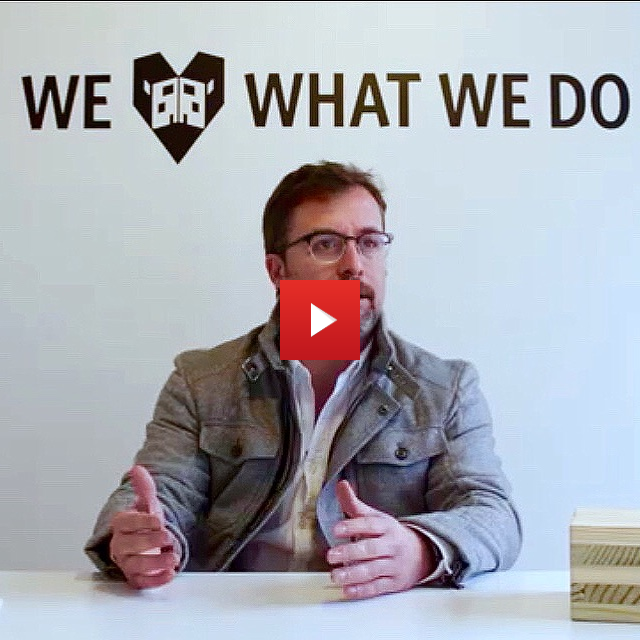WHAT INSPIRES OUR APPROACH
A single migration from Africa populated the World —sixty thousand years ago according to genetic evidence— giving birth to The Global·Nomad: the central character of the ongoing tale of human migration and development, known as the Journey of Mankind. For hundreds of centuries, our instinct to explore and settle new territories in pursuit of safety, sustenance, power, well-being and comfort shaped every corner of our planet as it is today: a place where nearly four billion people live in its most built-up portions, known as urban areas —a little more than half the world’s population, and it keeps expanding.
By 2030, as many as half the buildings that Americans will inhabit will have been built after 2006* —an accelerated global growth that is requiring massive new construction in cities and the areas immediately surrounding them of buildings, landscapes, infrastructure, and urban areas that will profoundly shape our feelings, memories, and well-being.
This continuous expansion that began with a few driven nomadic humans, migrating to seek the next frontier together —possibly paced by climate changes according to research— is our main foundation as an integrated design practice:
we believe in the power of collaboration, choice, and behavior to achieve better livelihoods, sustainably.
*Welcome to your World: How the Built Environment Shapes Our Lives – by Sarah Williams Goldhagen, 2017.
Cristián founded Global·Nomad in 2010 as an integrated design delivery platform to accelerate sustainable land planning, low environmental-impact development and building design, and resilient communities. He leads Global·Nomad by building custom collaborative and dynamic teams for each project, to tackle wicked problems* and design challenges in novel ways.
Trained as an architect and urban designer at the University of Chile, with postgraduate studies on design leadership and management, at the University of Washington, and a background in behavioral design, Cristián has worked on design and development challenges in in the Americas, Europe, and Asia. He has worked in Paris with Renzo Piano —Pritzker Prize laureate and sustainable design pioneer— and was an Associate Partner with ZGF Architects in Washington, USA —currently number-one US-based sustainable design firm, according to Architect 50, the journal of the American Institute of Architects’ ranking.
Cristián focuses on creating and mixing tools to empower collaboration and co-creation, using entrepreneurship and behavioral design as strategies for incentive-driven human development, both in urban and high environmental value regions of the Americas. He is a member of The Explorers Club since 2009 —and is currently Chair of its Latin America Chapter— as well as an advisory board member and mentor for the Cornell Lab of Ornithology‘s Coastal Solutions Fellows Program. Cristián was featured in Archdaily’s “Conversaciones FAU”, that recognizes 10 influential University of Chile alumni that are pushing the envelope of the design profession.
*a term introduced in planning theory by Horst W. Rittel and Malvin A. Webber (1973) to describe problems that are difficult or impossible to solve because of incomplete, contradictory, and changing requirements that are often difficult to recognize.


